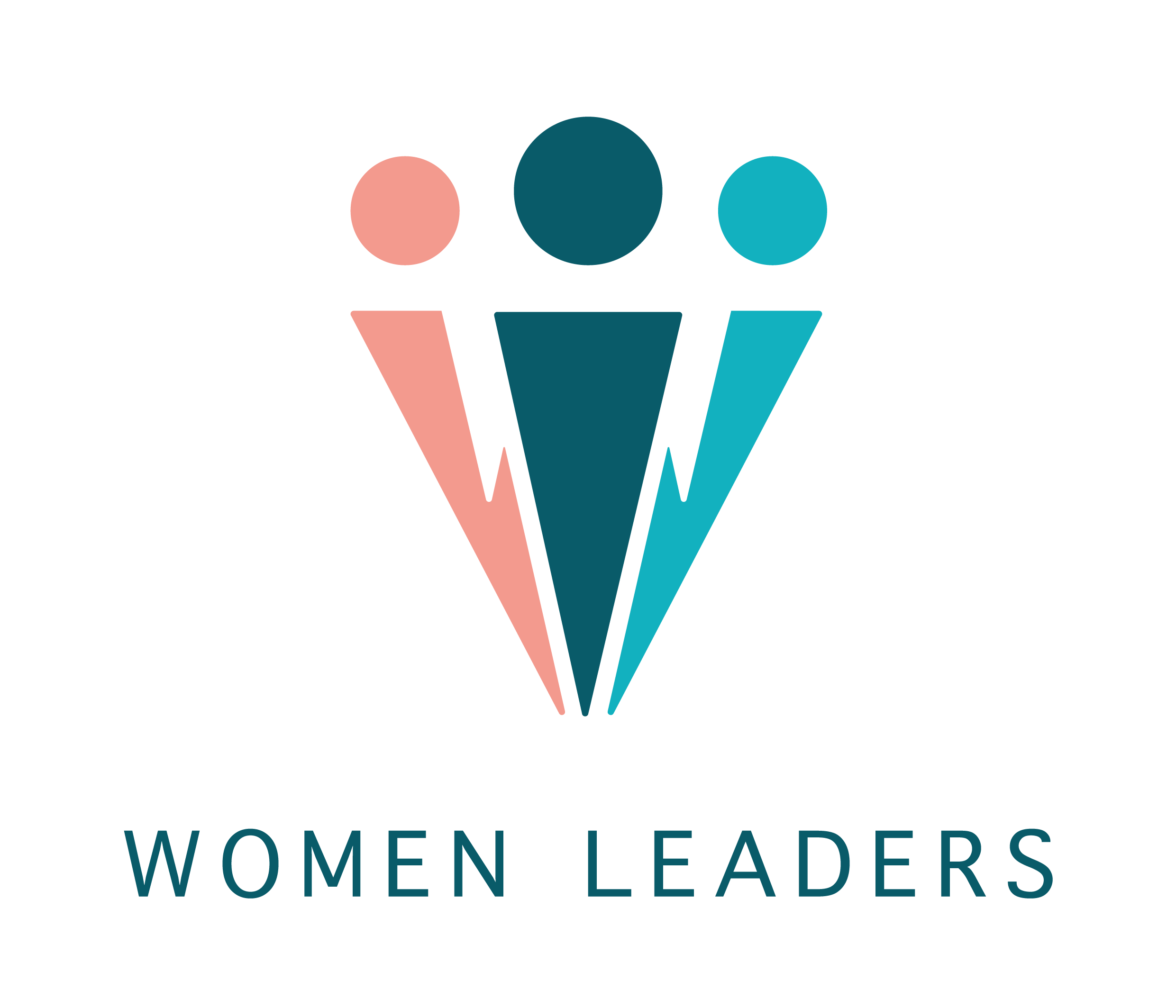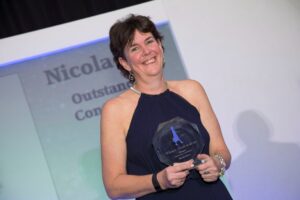Written by Dr Julie Mills OBE
Life is on hold for everyone at the moment.
We’re increasingly restricted in where we can go and what we can do and we’re also worried about those most vulnerable among our family and friends. At Milton Keynes College we’re concerned about and upset for all those students and apprentices facing such uncertainty over exams and assessments. All we can say is that we will do everything in our power to make sure all their situations are resolved as fairly and quickly as possible. The truth is now we’re all in someone else’s hands – not just doctors and politicians but all our neighbours on whom we’re relying to do their bit to prevent the spread of the virus.
One thing is for certain; the world will be a different place by the time this terrible contagion has been beaten.
Natural disasters bring with them unintended consequences and this will probably be no different. The Black Death in the fourteenth century killed between a third and a half of Europe’s people but resulted in great leaps forward with the end of feudalism and the tripling of agricultural wages. Spanish Flu killed five times as many people as died in the First World War and was the biggest factor in women and previously disenfranchised men winning the vote around the globe. More recently the terrible tsunami of 2004 ended a civil war in Indonesia. Who’s to say that once this awful crisis is over there may not be other great and positive social changes?
Certainly things will change economically and there are already fears of a global recession or even a depression to come. It seems inevitable the way we work will change forever. It seems unimaginable that after a period with vast numbers of people working from home that we will go back to the traditional commute to the workplace for all. In education we’ve only begun to scratch the surface of distance learning. Perhaps universities, for example, will offer more affordable degrees to study from home with video conferencing and streaming for direct contact with academic staff? This could have potential for improving inclusivity. Those who struggle to afford tertiary education could save a great deal by not living on campuses, as could people whose disabilities make residential study problematic.
How will the crisis change the lives of those least well-paid people who are often unfairly described as low-skilled? Today the cleaners and delivery drivers who’ve coped with zero hours contracts and part-time working are being seen as key workers, crucial to all our wellbeing. And what about that unseen army of carers, also disparagingly described as economically inactive, even though they save the state billions by looking after family members and others? Will it be even possible to take those people as much for granted as we have to this point? There are even discussions about the possibility of a universal basic income, something British politicians have dismissed as unworkable in previous times.
It seems inevitable that the crisis will rapidly increase the amount of shopping we do online. Humans are creatures of habit and we may get to like buying more things from home. This will surely speed up the transformation of the High Street. If big name retailers decide to abandon our traditional shopping areas will we see people moving back into town centres as space opens up there?
What about family relationships? We’re all going to be spending a lot more time with our nearest and dearest. Will that mean everyone retreating to their own rooms absorbed by their screens or will there be more reading, more playing games together, relearning craft activities and so on? I suspect both will be true.
Today there are dolphins and swans swimming in the newly clean and clear waters of Venice for the first time in many years and pollution levels in some of the places around the world with the dirtiest air have seen carbon monoxide and carbon dioxide levels fall by fifty percent in a matter of days. The Earth may be getting a bit of a pollution holiday but experts like naturalist Chris Packham are warning that concentration on the pandemic and its economic fallout may see climate change pushed down the political agenda as humanity recovers and strives to rebuild a shattered economy.
Will our attitude to public health be transformed or will we quickly revert to our old ways once the crisis is over? How differently will we see elderly people, those most vulnerable today? Will we see a more globally connected community rise from the shared experience of mass disease, or will the blame game – “Your country made it worse by not being tough enough” – drive nations apart?
So much will inevitably change. It will be up to each of us to make sure that the positive changes outweigh the negative. We will owe that much at least to those we have lost and those who worked so hard to protect us all.


